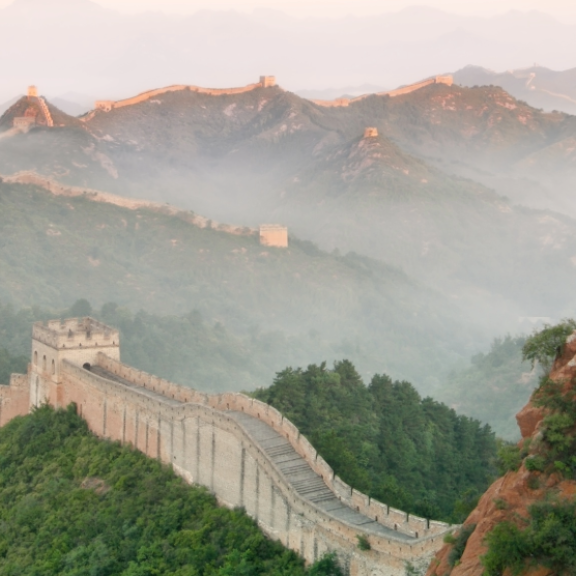
Emigrate to China
Emigrate to China: Find out the most important information for your stay here
China, a populous country in East Asia, is characterized by a diverse landscape that includes grasslands, deserts, mountains, lakes, rivers and over 14,000 km of coastline. For many who wish to emigrate to China, the country offers a fascinating mix of tradition and modernity. In the capital Beijing, modern architecture meets historical sights such as the palace complex of the Forbidden City and Tian'anmen Square. Shanghai is an important global financial center, characterized by numerous skyscrapers. The famous Great Wall of China stretches from east to west in the north of the country. Emigrating to China makes it possible to immerse yourself in a rich culture and at the same time benefit from the country's economic opportunities.
Facts about China
Capital City
Bejing
Population
1.41 billion
Surface Area
5,963,299.33 mi² or 9,597,000 km²
Continent
Asia
Official Language
Mandarin
Currency
Renminbi Yuan (CNY)
Emigrating to China: An overview of the political system
The political system of the People's Republic of China, which is important for anyone wishing to emigrate to China, is based on the Chinese Communist Party's (CCP) claim to leadership over the entire country. Although there is "consultation and cooperation" with the so-called "Eight Democratic Parties and Groups", the People's Republic is an autocratic one-party system, which differs fundamentally from the two- or multi-party systems of Western countries. China's constitution enshrines a socialist economic and state system. The Chairman of the Communist Party is considered the "paramount leader" of the state and does not have to stand for popular election. In the 2019 Democracy Index, China ranks 153rd out of 167 countries and is classified as authoritarian.
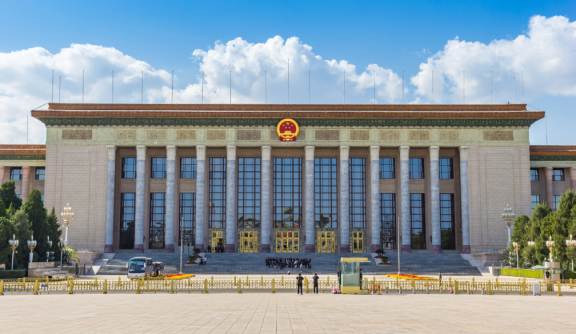
Climate in China: Important information for emigrants
Due to China's vast expanse and diverse geography, there are different climatic conditions when emigrating to China. The north-east has a continental climate with warm summers influenced by the monsoon and cold, dry winters. From the west of China, including the Taklamakan Desert, to Beijing, a dry desert climate dominates with hot summers and cold, frosty winters, but without much snow. The mountainous regions in the interior of the country have a harsh mountain climate with cold but sunny winters. In the east, between the Yangtze River and Beijing, there is a temperate, monsoon climate with hot summers and rainfall during the monsoon. In the south, the climate changes to subtropical and tropical zones, with hot summers and heavy rainfall. Rainfall increases from west to east and from north to south, with up to 3000 liters per square meter in the southeast and only 100 liters in Tibet.

Healthcare system in China: Important facts for emigrants
Expats emigrating to China will find that the quality of healthcare varies greatly. In urban areas there is good access to public and private hospitals, while in rural areas medical services are limited. Healthcare providers tend to be located in larger cities rather than local clinics. Western expats rarely use public facilities as waiting times can be long. Despite the language barrier, medical quality is generally good and comparable to Western standards.
In some large cities, there are international clinics in public hospitals known as VIP wards. These offer better service, higher standards of treatment and English-speaking staff, but at a higher cost. Many expats opt for private hospitals in urban centers as these are closer to European or North American standards, even if the costs are higher than in the public sector.

Emigrating to China: An overview of the economic situation and quality of life
In China, the gross domestic product per capita amounted to 12,968.57 US dollars in 2024. The Gini coefficient of wealth describes the distribution of wealth. The indicator is an established, internationally comparable measure of wealth inequality. It is measured on a scale from zero to one. The higher the value, the greater the inequality. The Gini coefficient in China is expected to be 0.37 in 2025 (source: Statista).
China is a country with a rich culture and history. It offers many fascinating places to live and discover. However, for those who wish to emigrate to China, there are also some challenges, especially due to language barriers and cultural differences. Despite these hurdles, emigrating to China allows for personal growth and a new perspective on many things. Those who emigrate to China can immerse themselves deeply in a unique culture and benefit from the diverse experiences that living in such a dynamic country offers.
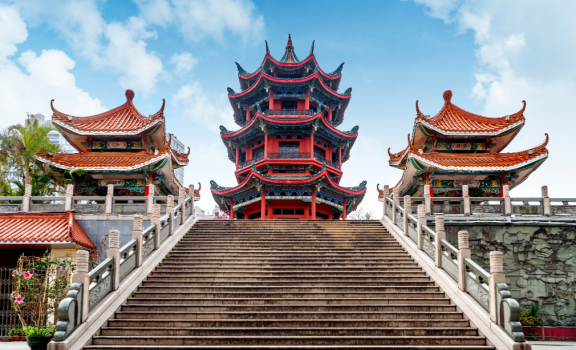
National holiday
Foundation of the People's Republic of China
Cities with millions of inhabitants in China
There are currently 125 cities in China with more than one million inhabitants. According to forecasts, this number will rise to 221 by the next decade. For expats looking to emigrate to China, well-known cities such as Chongqing, Beijing, Shenzhen, Shanghai, Chengdu, Wuhan and Guangzhou are of particular interest, along with many other urban centers.
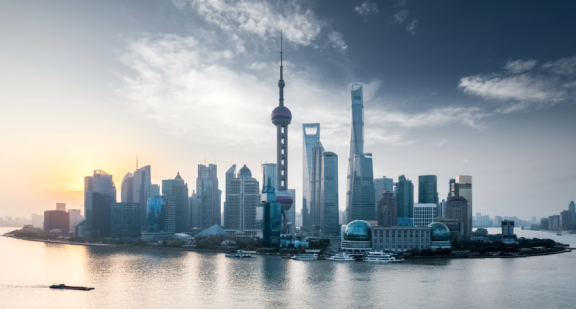
Emigrate to China - Entry Requirements
Entry is possible for German nationals with the following documents:
- Passport: Yes
- Temporary passport: Yes, but only with visa
- Identity card: No
- Temporary identity card: No
- Children's passport: Yes

FAQs for emigrating to China
Where can I find relevant information about my country of entry and the entry regulations that apply there?
We have compiled destination country information as well as entry requirements and customs information for many countries in the Relocation Service section of our website and are constantly expanding this section.
Can I use my own container that I already own for the move with DACHSER & KOLB?
For every removal, which we at DACHSER & KOLB always offer as a door-to-door (full service) removal, a container is rented for the duration of the removal. We therefore do not offer the option of using your own container.
Who is responsible for my move abroad and the services I need there?
As a FIDI member, we work abroad with selected, long-standing partners who work in accordance with our service standards.
Are my removal goods insured in the event of damage?
For every overseas move, we naturally cover transportation insurance at current value for the used household goods and personal belongings
What types of transportation do you offer for overseas relocation?
It is generally possible to carry out overseas removals via air freight or sea freight. In the case of sea freight, it is possible to ship the removal goods as additional cargo (“LCL shipment” with Liftvan) or with a container (FCL shipment in 20 feet, 40 feet or 40 feet high cube). We will be happy to discuss which option is best for you in a personal consultation.
When and how must the move be paid for and what is the payment deadline?
You will receive an invoice a few weeks after placing the order and pay the full amount directly in advance.
Do I have to pay taxes and customs duties on my removal goods?
Removal goods can be imported tax and duty-free into most countries if you have a valid residence permit. We will be happy to check the options for importing the removal goods for your desired destination country in a personal consultation.
Are you interested in moving to China or another destination country?
Then do not hesitate and contact us today.
Sabrina Klier
Customer Service & Sales - AIR & SEA



